Dubai has long been recognized as a global hub for business, innovation, and employment opportunities. Its thriving economy, tax-free salaries, and luxurious lifestyle attract professionals from all over the world. However, before one can start working in this dynamic city, obtaining a Dubai work permit is a crucial step. The process involves several layers of documentation, approvals, and legal formalities that both employers and employees must navigate carefully.
The Foundation of Dubai's Work Permit System
At the heart of Dubai's employment structure lies the work permit system, which is designed to regulate the influx of foreign labor while ensuring that local talent is also prioritized. The government has implemented policies that strike a balance between attracting skilled expatriates and safeguarding the interests of Emirati nationals. Companies looking to hire foreign workers must first obtain approval from the Ministry of Human Resources and Emiratisation (MOHRE), demonstrating that no qualified UAE citizen is available for the role.
Work permits in Dubai are typically tied to specific employers, meaning that changing jobs often requires a new permit. This system, while providing stability for businesses, has faced criticism for limiting workers' mobility. However, recent reforms have introduced more flexibility, allowing certain categories of professionals to switch employers without a mandatory cooling-off period.
Types of Work Permits and Their Requirements
Dubai offers various types of work permits catering to different employment scenarios. The standard work permit is the most common, issued to foreign nationals with a confirmed job offer from a Dubai-based company. This requires a valid employment contract, educational certificates attested by the UAE embassy in the applicant's home country, and a clean medical report from approved health centers in Dubai.
For those in specialized fields or high-demand occupations, Dubai provides fast-tracked work permit options. Professionals in sectors like healthcare, engineering, and information technology may benefit from expedited processing. Additionally, free zones in Dubai have their own work permit systems, often with streamlined procedures to attract foreign investment in specific industries.
The medical examination component deserves special attention, as it includes tests for infectious diseases such as HIV, hepatitis, and tuberculosis. Applicants testing positive for certain conditions may face deportation, making this one of the most anxiety-inducing parts of the process for many prospective workers.
The Sponsorship System and Its Implications
Central to Dubai's work permit framework is the kafala (sponsorship) system, where employers assume full responsibility for their foreign employees during their stay in the country. While this system provides security for workers in terms of housing and legal status, it has been criticized for creating power imbalances. Employees often find themselves at the mercy of their sponsors when it comes to changing jobs or leaving the country.
Recent years have seen significant reforms to this system, particularly regarding exit permits. Previously, employees needed their sponsor's permission to leave the UAE, even for vacation. Now, most workers can exit freely, except in specific circumstances where contractual obligations or legal cases are involved. These changes reflect Dubai's efforts to modernize its labor laws while maintaining control over its foreign workforce.
Documentation Challenges and Practical Hurdles
One of the most daunting aspects of obtaining a Dubai work permit is the extensive documentation required. Educational certificates must go through a rigorous attestation process, often involving verification from multiple authorities in the applicant's home country before being approved by UAE officials. This process can take weeks or even months, depending on the country of origin.
Language barriers frequently complicate matters, as all documents must be translated into Arabic by certified translators. Many applicants find themselves navigating a maze of government offices and translation services, often requiring the assistance of specialized agencies. The costs associated with these processes can accumulate quickly, adding financial strain to what is already an expensive relocation.
Industry-Specific Considerations
Certain professions face additional hurdles when applying for Dubai work permits. Healthcare professionals, for instance, must undergo rigorous credential verification and often sit for additional examinations to practice in the UAE. Similarly, teachers and academic staff face stringent qualification checks, reflecting the government's emphasis on education quality.
The construction sector presents another unique case, with different requirements for skilled versus unskilled laborers. Dubai's rapid development has created massive demand for construction workers, leading to specialized visa categories and accommodation arrangements. However, this sector has also been at the center of numerous labor rights discussions, prompting reforms in worker protection laws.
Recent Reforms and Future Directions
In response to global competition for talent and criticism of its labor policies, Dubai has implemented several significant reforms to its work permit system. The introduction of long-term residency visas for certain categories of investors, entrepreneurs, and specialized professionals marks a shift from the traditionally transient nature of expatriate stays in the UAE.
The green visa, launched in 2022, offers greater flexibility by allowing skilled professionals to sponsor themselves without employer backing for up to five years. This represents a fundamental change in Dubai's approach to foreign workers, acknowledging the value of retaining talent long-term rather than maintaining strict temporary worker policies.
Looking ahead, Dubai's work permit system is likely to continue evolving as the emirate positions itself as a leader in the global war for talent. With ambitious projects like the Dubai 2040 Urban Master Plan and preparations for Expo 2030, the demand for skilled foreign workers will remain high, necessitating a balance between open policies and national interests.
Practical Advice for Applicants
For those navigating the Dubai work permit process, thorough preparation is key. Begin document attestation processes early, as these often take longer than anticipated. Research your specific industry's requirements thoroughly, as overlooking a single certification can delay the entire application. Many applicants find value in consulting with specialized immigration firms familiar with the nuances of Dubai's system, though this comes at additional cost.
Perhaps most importantly, maintain realistic expectations about timelines and costs. The process rarely goes as smoothly as hoped, and bureaucratic delays are common. However, for those who persevere, the rewards of working in one of the world's most dynamic cities often outweigh the challenges of getting there.

By Victoria Gonzalez/Apr 14, 2025

By Samuel Cooper/Apr 14, 2025

By William Miller/Apr 14, 2025

By Emma Thompson/Apr 14, 2025

By Lily Simpson/Apr 14, 2025

By Emily Johnson/Apr 14, 2025

By George Bailey/Apr 14, 2025
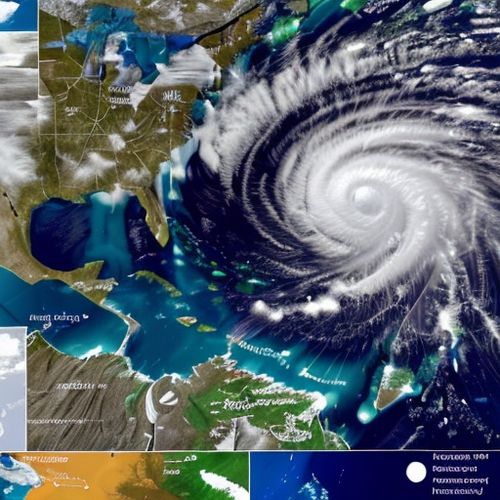
By Sarah Davis/Apr 14, 2025

By Grace Cox/Apr 14, 2025

By Natalie Campbell/Apr 14, 2025
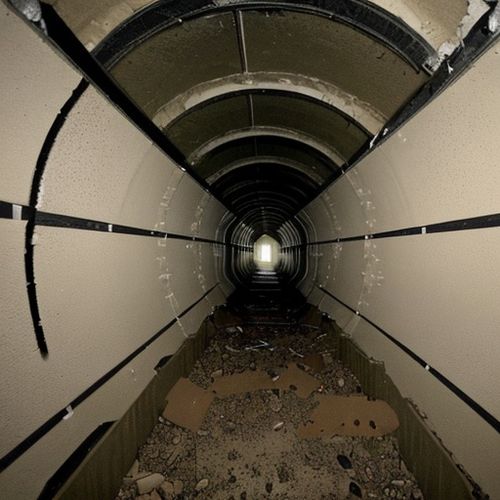
By Christopher Harris/Apr 14, 2025

By Rebecca Stewart/Apr 14, 2025
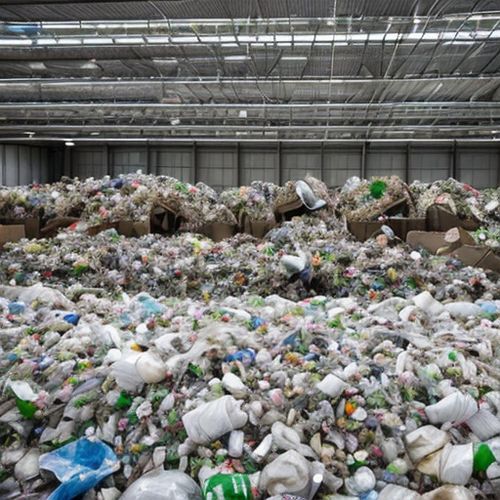
By Joshua Howard/Apr 14, 2025
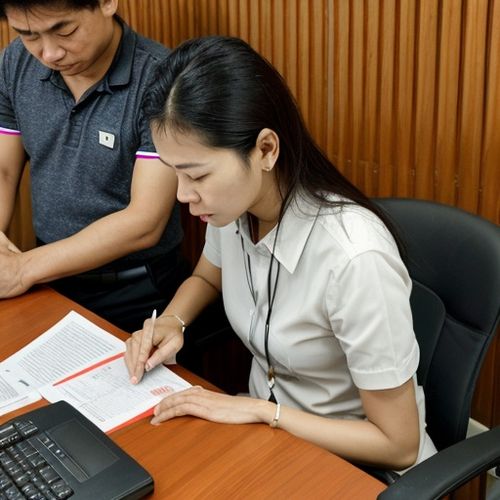
By Jessica Lee/Apr 14, 2025
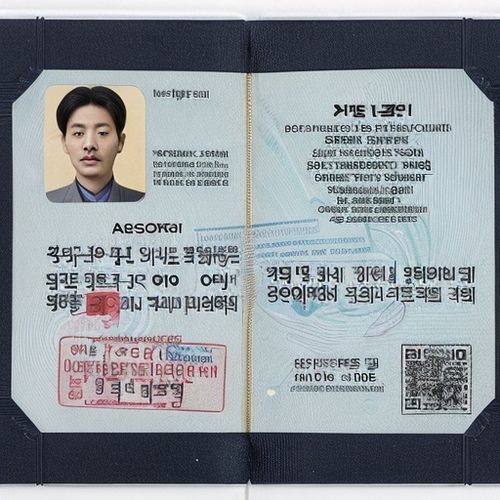
By Eric Ward/Apr 14, 2025
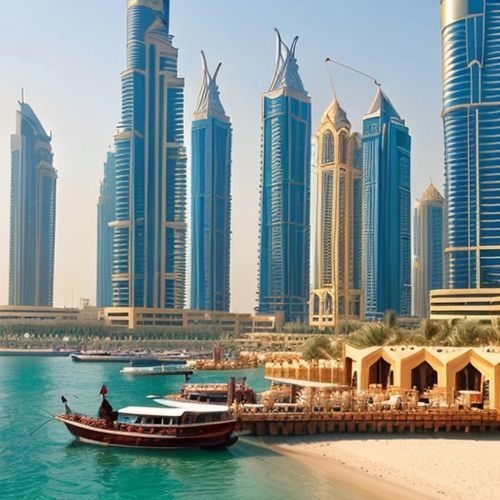
By Lily Simpson/Apr 14, 2025

By William Miller/Apr 14, 2025
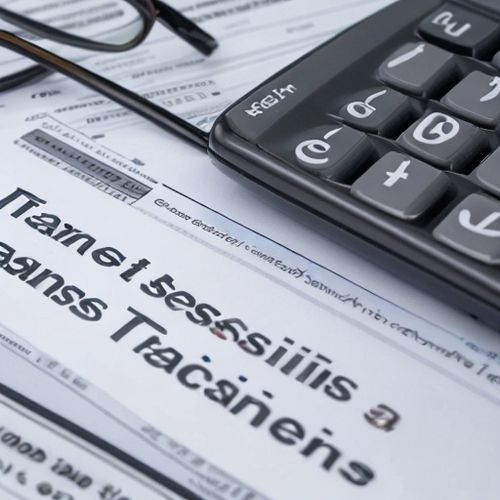
By Olivia Reed/Apr 14, 2025
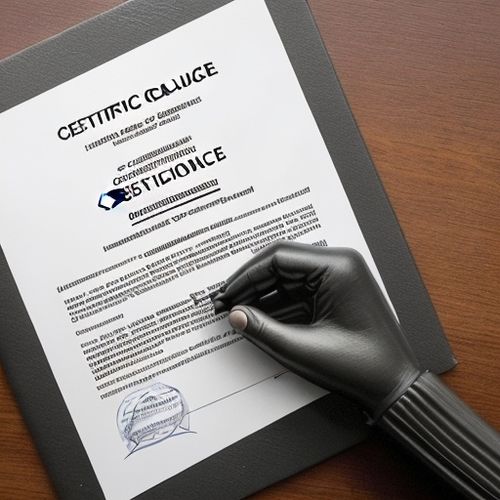
By William Miller/Apr 14, 2025